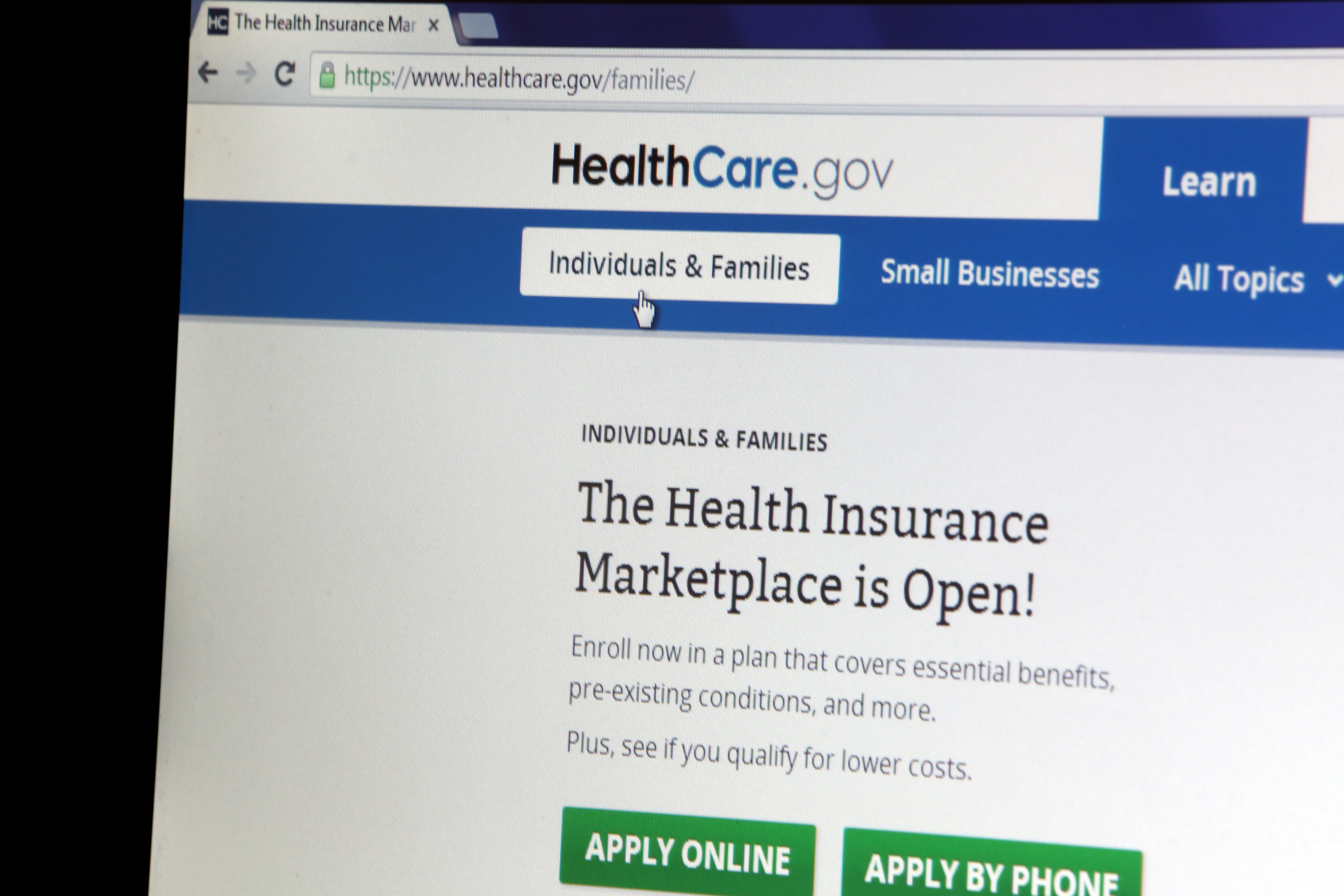A global drug commission is offering suggestions for fighting the opioid crisis in North America, including decriminalizing drug use and expanding opioid therapy treatments.
The Global Commission on Drug Policy released a position paper on the topic Monday, giving an outside perspective on the regional crisis.
The commission suggests measures to support people as they go off prescription opioids that, along with alternative pain management options, could help cut down on abuse of prescription opioids.
The commission also calls for decriminalizing drug use and possession at the local level, saying legalization projects could drive down criminal drug activity.
Citing the effectiveness of some of the commission's proposed policies, former president of Switzerland and chair of the commission said: "In 2017, Switzerland celebrated 25 years of heroin-assisted treatment and harm reduction policies. Drug-related deaths dropped by 50 percent within the first decade of implementation. There was also an 82 percent decrease in patients who used to sell heroin on the black market."
Provisional data collected by the Centers for Disease Control and Prevention based on reporting from 22 states shows that more than 64,000 Americans died last year from a drug overdose, and almost two-thirds of those deaths were from opioids.
The President's Commission on Combating Drug Addiction and the Opioid Crisis recommended back in July that President Trump declare the opioid epidemic a national emergency. Trump hasn't formally issued an emergency declaration but has said he's working on it. The White House commission's final report is scheduled to be released in November.




 Some Doctors Are Trying To Change Easy Access To Opioids
Some Doctors Are Trying To Change Easy Access To Opioids






